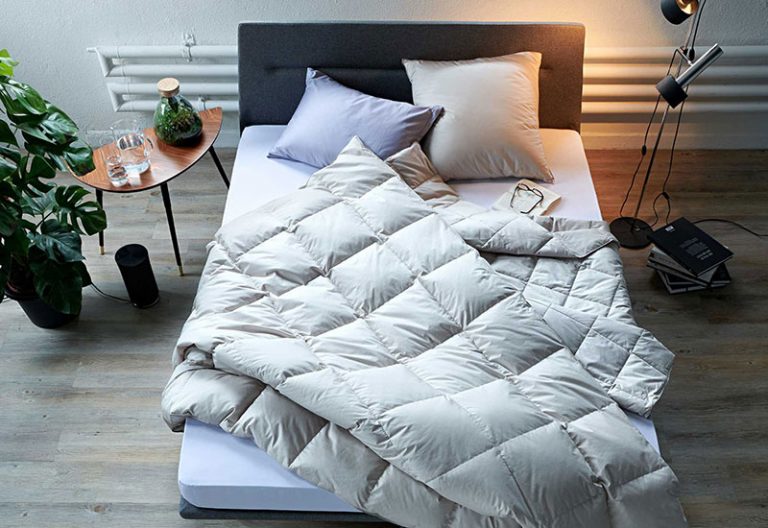1. Understanding Sustainable Sleep and Environmental Responsibility
Sustainable sleep encompasses more than just restful nights—it also involves considering our impact on the environment. By adopting sustainable sleep habits, we can prioritize both our well-being and our responsibility to the planet. Sustainable sleep recognizes the interconnectedness of our actions and aims to reduce energy consumption and waste associated with our sleep routines.
When we think about sustainable sleep, we acknowledge that our sleep habits can have an environmental impact. For example, excessive energy consumption, the use of non-biodegradable materials, and the production of waste can all contribute to environmental degradation. By understanding the connection between our sleep habits and environmental responsibility, we can make conscious choices to minimize our ecological footprint.










